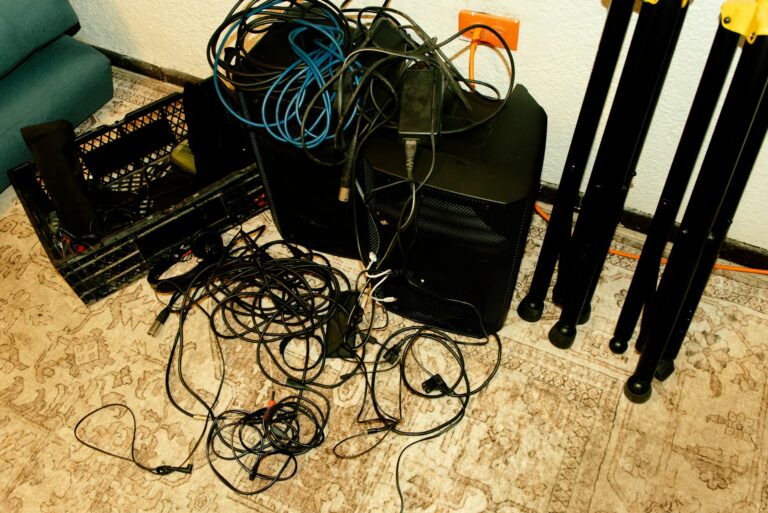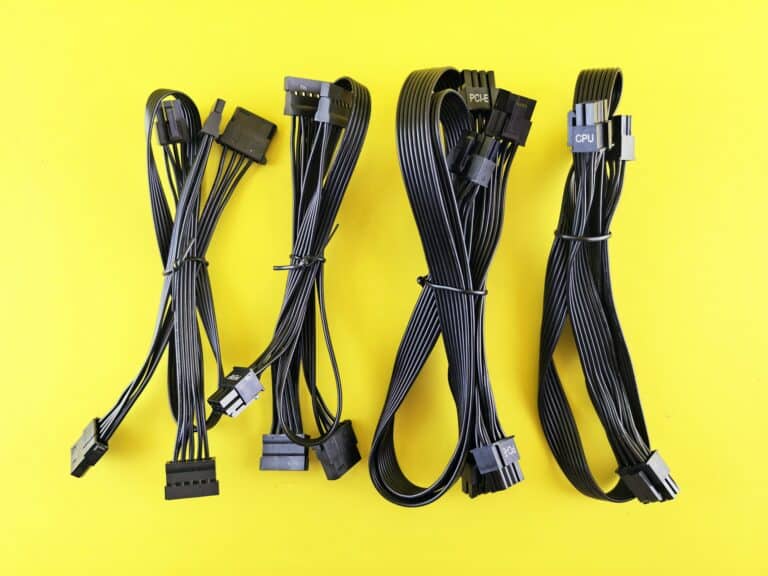Proper disposal of medical equipment is critical for ensuring health and safety. Old or unused medical devices can pose serious risks if not handled correctly. They might contain sensitive patient data, harmful chemicals, or materials that need special treatment. In Atlanta, there are specific protocols and services designed to help safely dispose of such equipment.
Understanding why proper disposal is vital helps set the stage for responsible practices. Not only does it protect our environment, but it also ensures that patient data remains confidential and secure. Moreover, professional disposal services can reclaim valuable materials, promoting recycling and sustainability.
One of the first steps in managing medical equipment disposal in Atlanta is knowing the types of equipment and how to dispose of each correctly. Disposal methods vary, whether it’s electronic devices, mechanical instruments, or chemical-intensive equipment. This guide will go through the essential steps to help you handle medical equipment disposal responsibly. By following these guidelines, you can contribute to a safer, greener, and more secure environment.
Understanding the Importance of Medical Equipment Disposal
Disposing of medical equipment properly is crucial to maintaining a safe environment. Medical devices can contain hazardous materials, including batteries, electronic components, and chemicals. If these items end up in landfills, they can contaminate soil and water, posing risks to human health and the ecosystem.
Another aspect is data security. Many medical devices store sensitive patient information. This data can be a potential target for theft if not handled correctly. Ensuring that medical equipment is disposed of securely helps protect patient privacy and complies with data protection laws. This is particularly important for businesses and healthcare providers who must adhere to strict regulations.
Proper disposal also supports recycling efforts. Many medical devices contain valuable metals and materials that can be reused. By recycling, we reduce the need to extract new raw materials and minimize waste. This contributes to resource conservation and sustainability.
Types of Medical Equipment and How to Dispose of Them
Medical equipment comes in various forms, and each type requires different disposal methods. Here are some common types of medical devices and tips for disposing of them responsibly:
1. Electronic Devices: Items like monitors, defibrillators, and imaging equipment contain electronic components that require special handling. These should be taken to a certified electronics recycling center in Atlanta to ensure components are properly dismantled and recycled.
2. Mechanical Instruments: Surgical tools and other mechanical devices often consist of metals that can be reclaimed. These can be sent to specialized recyclers who can extract and reuse the metals.
3. Single-Use Devices: Items designed for single use, such as syringes and bandages, must be disposed of according to biomedical waste guidelines. These are usually incinerated to prevent contamination and disease spread.
4. Batteries and Power Sources: Medical devices powered by batteries require special disposal because batteries can be hazardous. Many batteries contain toxic metals like lead and mercury, which should be handled by a facility equipped to recycle or dispose of them safely.
5. Chemical-Containing Equipment: Devices like thermometers (which may contain mercury) or equipment that uses other chemicals must be disposed of carefully. These substances often require neutralization or specific treatment methods to ensure they do not harm the environment.
Properly categorizing and disposing of medical equipment helps prevent environmental damage and ensures that valuable materials are recycled. By following the appropriate methods, we can contribute to a safer and more sustainable disposal process.
Finding Certified Recycling Centers in Atlanta
Disposing of medical equipment correctly involves choosing the right recycling center. Here in Atlanta, several certified centers specialize in handling electronic and medical waste. It’s crucial to select a place that follows strict practices to ensure safe and effective disposal.
Start by looking for certifications. Reputable centers often have certifications like R2 (Responsible Recycling) or e-Stewards. These certifications mean that the facility follows guidelines for proper recycling and data security. Checking for these qualifications helps ensure your equipment is managed correctly.
Another tip is to read reviews or ask for recommendations. Word of mouth from other businesses or healthcare providers can lead you to reliable services. Reviews can offer insight into the recycling center’s customer service, integrity, and efficiency.
Some centers offer specialized recycling for medical equipment. This includes services like secure data destruction and safe dismantling of hazardous materials. Making sure the center provides these specific services is important for meeting all safety and regulatory requirements.
Ensuring Compliance with Regulations and Data Security
Following laws and keeping data safe are key parts of medical equipment disposal. Regulations govern how medical waste, including electronic devices, should be handled to protect public health and the environment. Staying compliant ensures you avoid fines and maintain good standing.
Start by familiarizing yourself with local and federal laws. In Atlanta, rules might differ slightly from other places, so knowing local regulations is crucial. Healthcare facilities often have additional guidelines to follow, particularly concerning hazardous waste and data protection.
Data security is another important concern. Medical equipment often contains sensitive patient information. Using a certified recycling center helps ensure all data is securely erased. These centers use specialized methods, like hard drive shredding, to make sure data is completely destroyed.
Make it a point to get a certificate of data destruction. This document proves that all data was securely erased or destroyed according to legal and industry standards. It provides peace of mind and assurance that you’ve taken every step to protect patient information.
Overall, compliance and data security ensure that medical equipment disposal is done safely and responsibly. Following guidelines helps protect public health, the environment, and personal data, contributing to a safer community.
Conclusion
Disposing of medical equipment in Atlanta requires careful planning and execution. Understanding the importance and proper methods of disposal helps keep our environment safe and secure. Choosing a certified recycling center ensures hazardous materials are handled properly and data security is maintained. Ensuring compliance with regulations further guarantees that all steps are taken to meet local and federal guidelines.
As we aim to protect our community and planet, responsible disposal practices have never been more crucial. For medical equipment, choosing the right partners and following best practices makes all the difference.
Need help with medical equipment disposal? Let Beyond Surplus handle your recycling needs with our secure and efficient services. Contact Beyond Surplus today to ensure your medical equipment is disposed of safely and responsibly.


